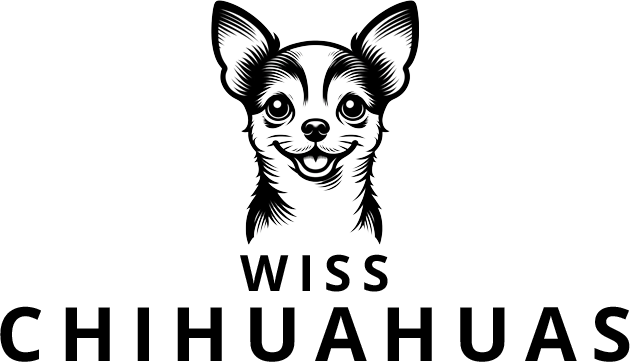Breed Origin
Chihuahuas have their roots in Mexico, where they are believed to have descended from a breed of companion dogs. Historically, their ancestors were mute, but through years of interbreeding, Chihuahuas today are known for their vocal nature.
Characteristics
Chihuahuas are beloved for their small stature and vibrant, affectionate personalities. They are energetic and alert, often seen as lap dogs but also very active. They come in both short and long coat varieties, both requiring similar care.
Common Health Problems
Like many purebred dogs, Chihuahuas can be prone to certain health issues. Potential owners should consider getting a puppy from a reputable breeder who conducts health screenings.
Health Issues Include:
- Luxating Patellas: Dislocation of the kneecap.
- Hip Dysplasia: Improper fit of the hip joint.
- Hydrocephalus: Fluid accumulation around the brain.
- Eye Problems: Conditions such as dry eye, entropion, and lens luxation.
- Heart Disease: Issues with heart valves.
- Tracheal Collapse: Weakening of the windpipe.
- Legg-Perthes Disease: Deterioration of the hip joint.
- Dental Issues: Overcrowding and retention of puppy teeth.
- Dystocia: Difficulty in giving birth.
- Cryptorchidism: Undescended testicle.
- CM/SM: Fluid-filled areas near the spinal cord and brain.
Caring for Your Chihuahua
Chihuahuas are adaptable and can live comfortably in various settings as long as they have space to play. They need plenty of mental and physical stimulation to keep busy.
Exercise
Despite their size, Chihuahuas require daily exercise, with at least 30 minutes of activity. This can include walks, playtime, and puzzle toys to keep them mentally stimulated.
Grooming
Grooming needs are relatively low, with weekly brushing for short coats and two to three times per week for long coats. Expect seasonal shedding, and regular vacuuming is recommended.
Socialisation and Training
Early socialisation with different people and environments is crucial. Chihuahuas benefit from positive, reward-based training and require consistency and a firm but fair approach. They can develop good manners with proper training and are better suited to experienced dog owners.
Living with Children and Other Pets
Chihuahuas can be great family pets but are better suited to families with older children who understand how to handle them gently. They usually get along with other pets if properly socialised from a young age.
Feeding
A balanced diet appropriate for their age and health is essential. Consult your vet for specific dietary needs and maintain a routine for feeding times. Treats should be given in moderation.
Costs of Ownership
Owning a Chihuahua can cost at least £50 per month, with lifetime costs reaching up to £8,900. Consider adoption from a rescue center or purchasing from a reputable breeder, ensuring the puppy is well-socialised and healthy.
Fun Facts
- Chihuahuas are the smallest dog breed in the world.
- They have the largest brains relative to their body size among dogs, making them intelligent and eager to learn.
- Despite their size, they have a robust and energetic personality.
Conclusion
Chihuahuas are affectionate and energetic dogs that require as much care as larger breeds. If well-prepared, they make excellent companion pets. Consider adoption or purchasing from a reputable breeder to ensure a healthy and well-adjusted pet.

Beautiful, healthy Chihuahua puppies, raised in beautiful Scamblesby in Lincolnshire.
